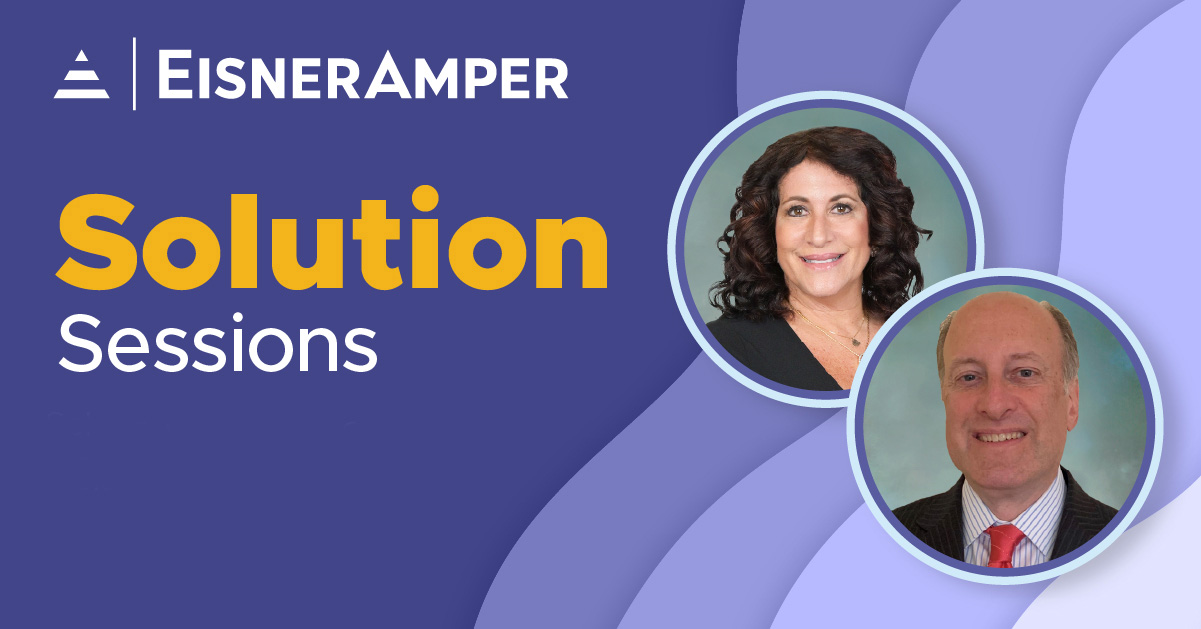
Power Broker to People Builder - An Overview
- Published
- Sep 1, 2017
- Share
A business that can sustain itself over time relies on the enthusiasm with which the owner tackles the transition in their role as ultimate leader. Owners who envision moving away from day-to-day operations and who anticipate a time when they no longer own the business must also be able to envision a time when they no longer sit at the center of decision-making. The creation of an atmosphere that encourages development of future leaders gives space to let others learn from you, gain new skills, and bring new opportunities to the business.
Clearly, if your company has grown, you’ve already begun to create this kind of atmosphere. In order to grow, the leadership of the company has had to expand and you’ve had to rely on others to help carry the ball. Now, at the final stage as you consider your own transition away from the business, the expansion of that atmosphere of encouragement is even more critical.
In this final stage your role is best characterized as a shift from power broker – the person upon whom rests the vision and values, all decisions, and financial risk – to people builder. As people builder your new role becomes that of a coach/mentor who cultivates others to grow.
What does your new role as coach/mentor look like?
Leadership ability is built over time and requires the opportunity for trial and error. You probably know that better than most. Yet, as the individual who has successfully performed in a role for many years, seeing someone else struggle – or even fail – is not a simple task. If you have big hopes for moving beyond your place in the business it can be especially difficult to watch others struggle. For some, the immediate reaction is to reassume the once-delegated responsibility. For others, looking away and hoping for the best is a common response. Your company’s success has been founded in your ability to make and act upon key decisions. You’ve likely held or have been responsible for pivotal roles in the company’s sales, engineering, operations, or customer service functions. Now, you are being called on to enable others to assume those roles. For some, it will seem foreign and we often ask ourselves:
- How do I observe and coach rather than just step in and do?
- Won’t it look like I’m being neglectful or – even worse – indecisive?
Indecisive mentoring and coaching can be very destructive. In fact, taking a mentoring/coaching role is a specific decision to act in a specific manner with a specific desired outcome. It is a purposeful process and, when done effectively, incredibly powerful. As a mentor or coach, you will be required to exercise action coupled with restraint -- not an easy route to take. Briefly:
| COACHES | MENTORS |
| “Pull” from their coachee rather than tell. | Educate by sharing knowledge and experience. |
| Ask questions to assist their coachee to form their own ideas and solutions | Demonstrate skills and provide examples, history and data. |
| Create learning opportunities and provide feedback. | Make introductions, serve as an advocate and model desired behavior. |
| Encourage self-assessment (goals) and self-reflection. | Provide feedback based upon experience. |
| Co-identify barriers and opportunities. |
How does this change in your role affect others?
This shift in your role is a great opportunity for those around you . It provides time and space for their own development. It helps them gain clarity and confidence and improve their performance. If you are able to shift in your role, delegate responsibilities, and take on the mentor/coach role, you will be giving both yourself and them a unique opportunity and improving their chances to succeed.
Don’t forget the potential benefit a successful shift might have on your employees, other stakeholders and family members as well. For them, the fact the business can and will continue beyond you is their own opportunity to plan their future and build on the legacy you’ve created. For employees and stakeholders, especially those who might be concerned for their own future, the role shift demonstrates your confidence in the abilities of those leaders who will follow. For family, it affirms your belief in your company and reinforces their own family history.
As a people builder, you remain focused on helping others find necessary resources to do the work. You don’t do it for them. You are more likely to ask thought-provoking questions than to offer definitive instructions. As a people builder, you are the first to champion and celebrate when others have success. You are also the first to encourage exploration and analysis when things go wrong. You are prepared to offer thoughtful guidance and share relevant experience so that others can put themselves back on a track toward success. Over time you will discover how enriching the mentor/coach role can be as the results of those efforts will become apparent. Your company, through this sense of a new future, will become energized; and you’ll gain a particular satisfaction in knowing that you have successfully created opportunities for yourself, your successor, your business, its stakeholders and your family.
Where can you get more information?
If you would like more in-depth information or would like help in any other aspect of running a family-owned or closely held business, please contact us.
Contact EisnerAmper
If you have any questions, we'd like to hear from you.
Receive the latest business insights, analysis, and perspectives from EisnerAmper professionals.











